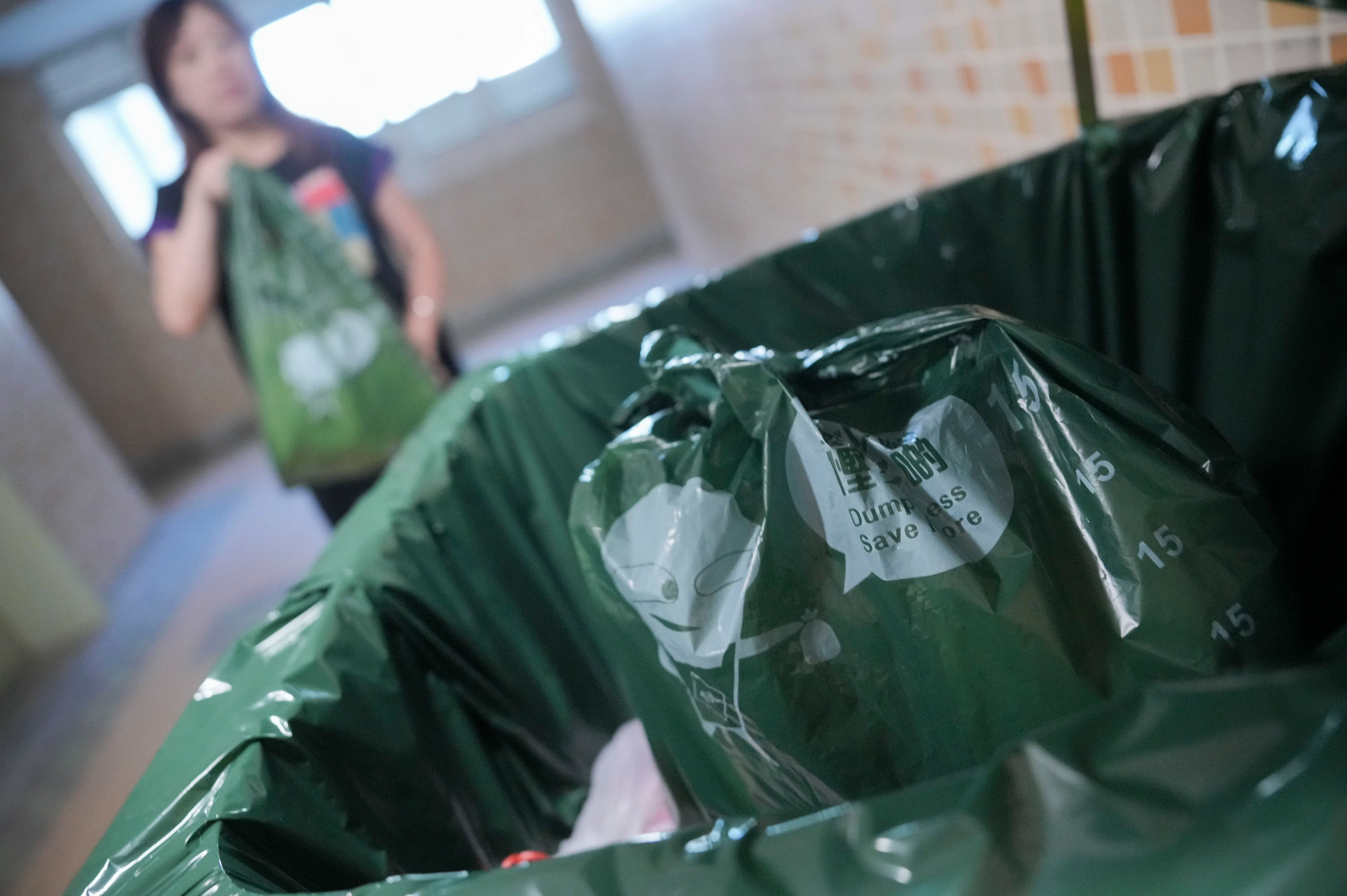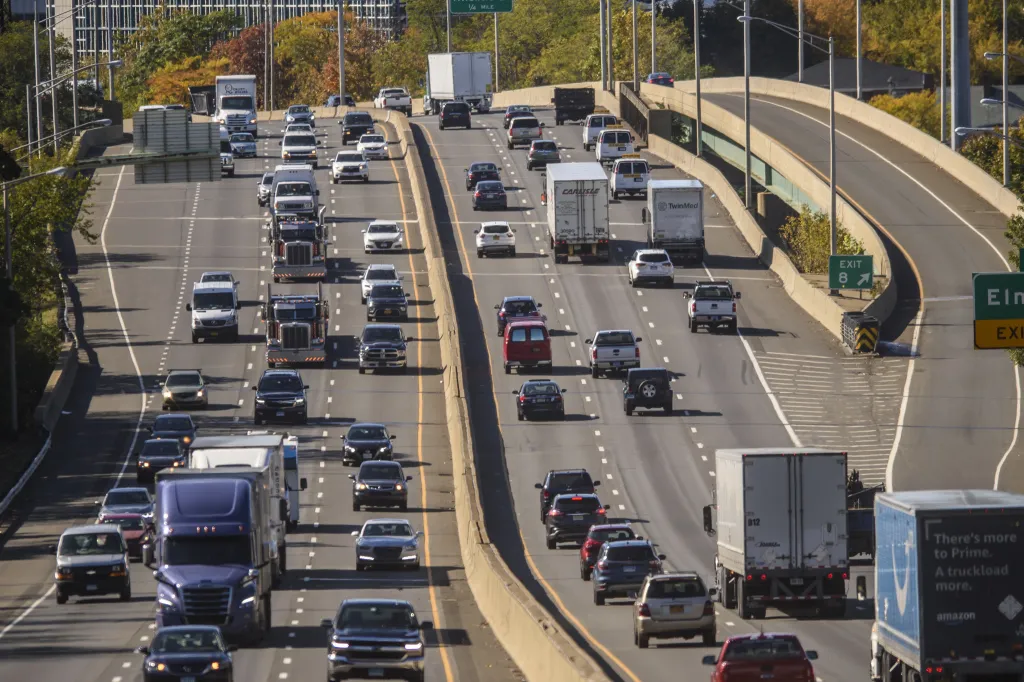By Edith Lin
Copyright scmp

Hong Kong has confirmed that a long-delayed waste-charging scheme will remain on the shelf indefinitely, with the government saying the city continues to face economic challenges amid a global tariff war and rising geopolitical risks.
The Environment and Ecology Bureau announced the decision on Tuesday, two months after it was supposed to reveal the scheme’s future by the end of July.
The initiative had already been delayed twice and was originally shelved last May.
In a paper submitted to the legislature’s environmental panel for discussion next Monday, the bureau highlighted that the city was facing multiple challenges against the backdrop of a global trade war and an increasingly complex geopolitical landscape.
Feedback over the past few months showed that society did not support the scheme’s implementation due to the current challenges and pressures of economic transformation, the bureau said.
“Based on feedback from the public and industry, there is simply not enough social support to implement waste charging at this stage,” it said.
“Apart from avoiding imposing additional burdens on the public and businesses, especially small and medium-sized enterprises and low-income residents, the government should adapt its strategy for promoting waste reduction and recycling to the current situation to maximise overall societal benefits.
“Considering the current administration’s various waste-reduction and recycling efforts have already yielded noticeable results, the government will maintain the suspension of waste charging and promote waste reduction and recycling in several directions.”
Citing several surveys, the bureau noted that residents welcomed assistive waste reduction and recycling measures, rather than the punitive charging scheme.
Up to 80 per cent of those interviewed did not support the scheme, while many felt that the government should prioritise improving recycling facilities and public awareness, the findings showed.
The bureau also received opinions from the property management, catering and cleaning sectors, which did not wish to see the government rush to implement the scheme, as they faced operational difficulties and a lack of manpower.
The catering sector raised concerns that it might lead to more businesses closing their doors, while trade unions were pessimistic about the employment outlook.
Property managers and cleaning firms warned the scheme would result in higher management and cleaning fees, which would be passed on to residents, while frontline workers feared their workload would increase.
The bureau said it would step up promotional efforts and collaborate with various sectors to explore practical measures and minimise the impact on small and medium-sized enterprises.
It added that it had been encouraging the catering sector to use more non-plastic containers and helping businesses to enhance their product design and supply chains.
The bureau also indicated it would enhance its community recycling network by improving services at more than 800 existing public collection points.
It plans to increase the number of residential smart recycling bins and food waste collection facilities to 1,600 by the end of this year.
First proposed in 2004, the multimillion-dollar scheme was passed in the legislature in 2021 and was initially expected to take effect at the end of 2023.
The government postponed the plan to April of last year, citing a shortage of waste collectors over the Christmas and Lunar New Year holidays, and then delayed it to August due to the low readiness of the public. Instead, a two-month trial run was conducted in April at 14 locations.
Ultimately, the plan was shelved last May due to overwhelming opposition from residents regarding its implementation, which, it was argued, would also place great pressure on the cost of living and businesses.



